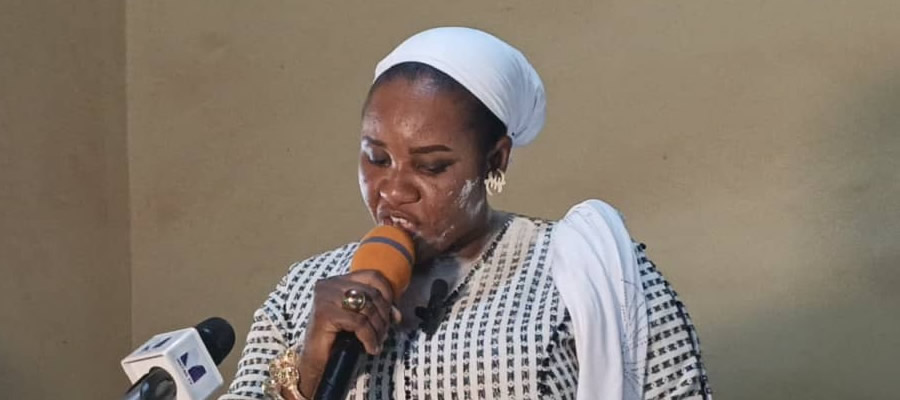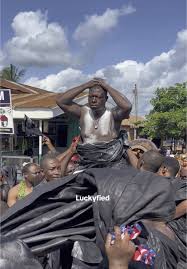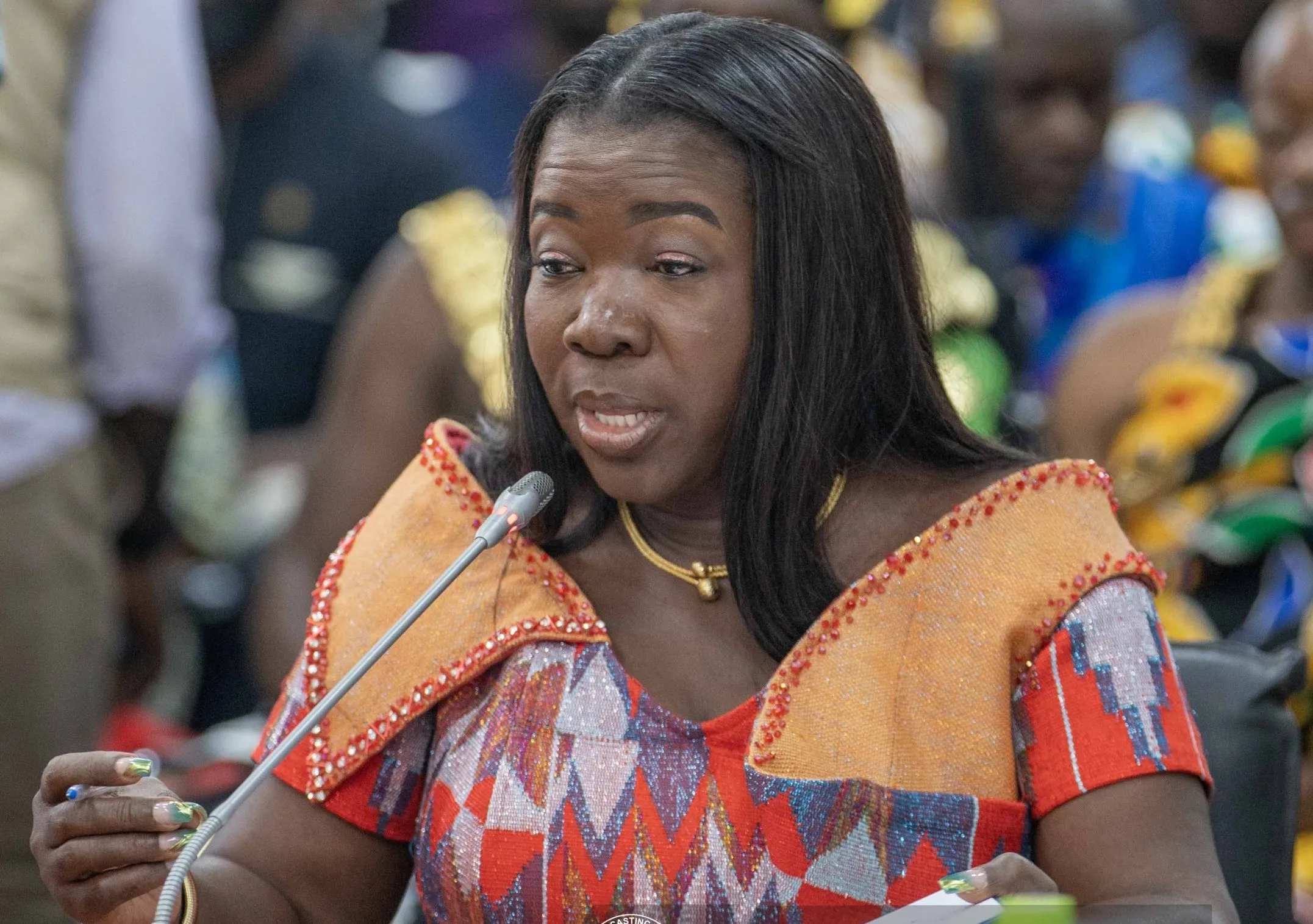Accra (The Statesman) 24 April 2002 – Smoking Junior Secondary School (JSS) pupils is alarmingly on the increase in Ghana. A survey on smoking related issues conducted by the Ghana Global Youth conducted in 2000, states that out of a total of
1,917 pupils randomly selected from JSS 1-3, 270 pupils or 14.3 per cent were found to be smokers.
The ratio of boys to girls was seen as 1:09 (14.7 per cent and 13 per cent). The survey also noted that 19.3 per cent of the figure used any tobacco product, with the possibility that 16.5 per cent of those non-smokers, contacted were willing to initiate move towards smoking.
In terms of accessibility and availability, the survey indicated that 52.2 per cent of the smokers buy their products from the store but in spite of their age below 18 years, they are not refused purchase.
Concerned about the adverse impact of such trends on the health of the larger national society, the Health Research Unit (HRU) of the Ghana Health Services of the Ministry of Health has launched “Quit And Win Ghana 2002 Campaign” with the aim to help smokers and the general-public on the need to stay smoke-free.
Launching it, in Accra on Tuesday, Dr Sam Adjei, Deputy Director General of the Ghana Health Service, noted that about 55 per cent of the country’s overall diseases are due to lifestyle issues. He indicates that behaviour change is a fundamental issue in dealing with disease. “Certain disease like cancer, tuberculosis, hypertension, heart attacks and diabetes are diseases that are dependent on lifestyle and behaviour change,” he indicated.
Dr Adjei further explained that sex-related diseases, “diet and dietary issue,” lack of exercise, drug-abuses, for example alcoholism and inadequate education and improper information on the partnership between health-delivery system and the media, are equally important factors affecting the health of many Ghanaians.
He called on people to “move for their health” by leading lifestyles that promote smoke-free environment. “Currently, we spend about $6 dollars on the average on the health of everybody. We need about $40 to ensure quality health delivery,” he emphasized, adding that the issue of smoking put the national resources at stake.
Dr Adjei called for effective media support in mobilising and motivating people to make a joint and sustained effort to stop smoking to make Ghana a smoke-free society. The Campaign Coordinator of the “Quit And Win 2002,” Nortey Dua, stated that the exercise is aimed at creating a supportive and conducive environment for smokers to easily and freely quit smoking.
Edith Wellington of HRU stressed that there is the need for society to provide certain interventions to create an environment that motives, supports and facilitates smokers’ intention to quit. The “Quit And Win Campaign” will take place between 2 – 28 May 2002 of which smokers who want to quit are made to participate in a contest to stay away from smoking. After the four weeks, a biochemical urine test would be conducted on participants to validate their claim of smoking-free.
Source: GhanaWeb










